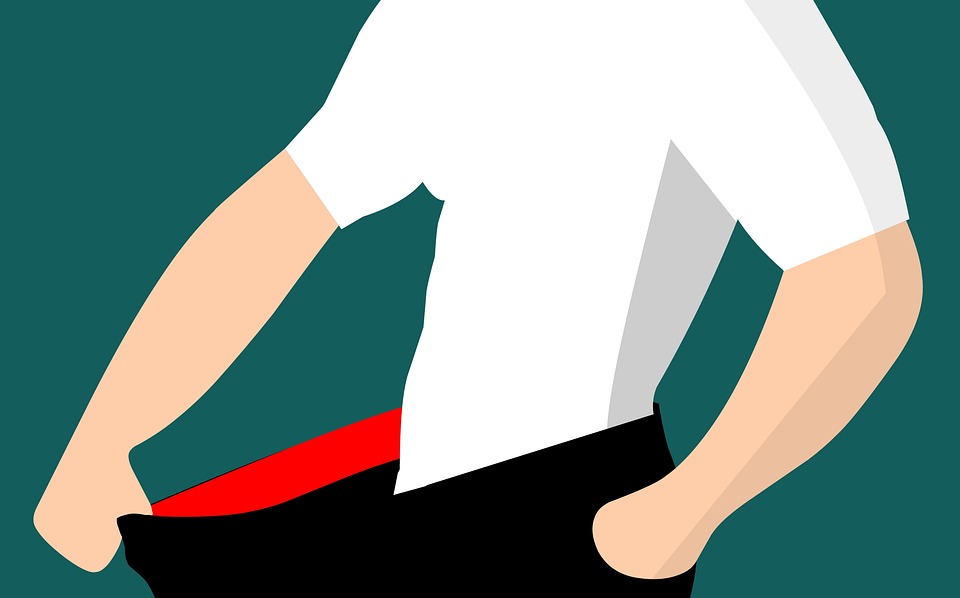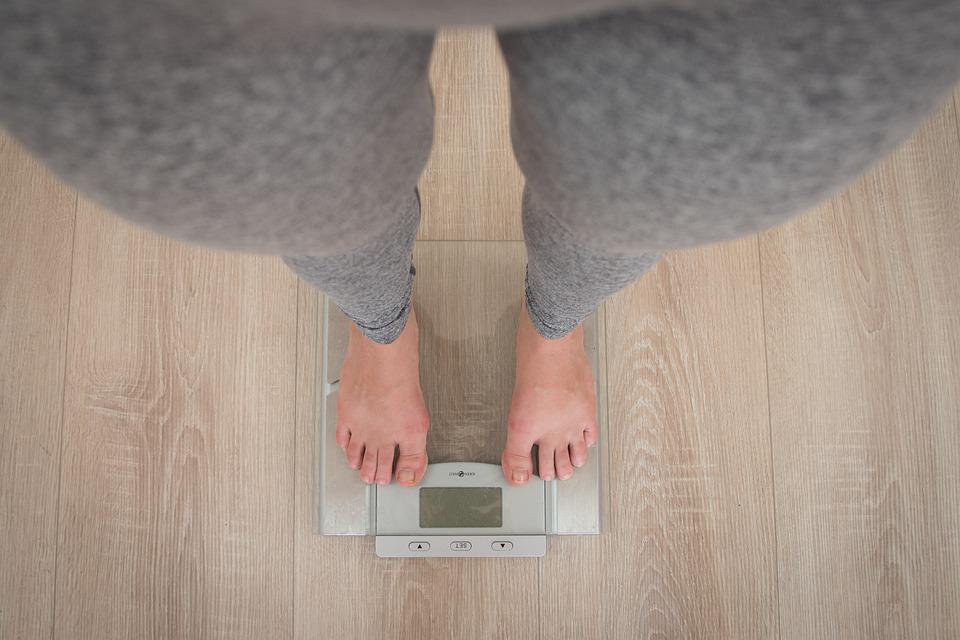
Are you seeking to slim down and have tested all the popular diets without success? Maybe hypnosis can be a solution? Is hypnosis conducted by swinging a pocket watch in front of someone’s face and making noises like a chicken? Experts say that hypnotism is not a miracle solution for slimming down, yet if done appropriately, it can be a helpful way to build better eating behavior.
We spoke to Dr Caroline Houlihan-Burne, clinical hypnotherapist at London Digestive Health; Uxshely Carcamo, psychotherapist and nutritionist at The Food Therapy Clinic; and hypnotherapist Simon Egerton, to separate hypnotherapy fact from fiction:
What is hypnotherapy?
Therapy done while in a trance-like state is called hypnotherapy. It is commonly thought that when one is under hypnosis they are in a state of being unaware, but this is not the case. This text is basically referring to the feeling of being in a trance-like state that we all experience occasionally, such as when you space out while on a bus, get enthralled in an engrossing book, or become so concentrated by an activity (such as painting) that you forget what time it is. The optimal way to explain it is a level of intense concentration and calm.
What is the distinction between hypnosis and a normal trance-like state? In hypnosis, you try to reach this state in a fashion similar to what you would do for a guided meditation for healing reasons such as stress reduction, coping with an emotional injury, or for the purpose of using hypnosis for weight reduction, letting go of bad behaviors.
Rather than stage hypnosis, hypnotherapy acts as an influential creative mentor in helping to modify behaviour.
Egerton affirms that, in contrast to stage hypnosis that gives the impression of being controlled, hypnotherapy works with the person being treated to initiate behavioural modifications through powerful utilization of imagination. Fundamentally, this is a kind of profound relaxation that allows the subconscious to accept accepted constructive ideas.
He went on to explain that during the average session a therapist and client will look at what their goal is and work together to come up with plans, inspirations, and reasons to reach it. ‘This is what will be reinforced within the session. No regulating factor exists and the person in question stays conscious throughout the entire experience. So it is particularly well suited to sessions online.’
Does hypnosis for weight loss work?
Carcamo warns that the effectiveness of hypnotherapy with regard to weight loss is contingent upon numerous elements. She states that it is essential that the language used in hypnotherapy be apt and suited to the individual being treated. As an example, some hypnotherapists simply advise their clients to consume fewer calories and be more active, without looking into what could be causing their excessive eating.
No single technique is effective for all people when it comes to hypnosis for weight loss, as every individual has their own unique needs. Dr Houlihan-Burne states that there is a wide range of eating problems which various people deal with. These can be connected to food choices such as candy, chocolate, cheese, and chips, or issues like snacking a lot, consuming too much, or using eating as a coping method. The relevance of individual problems must be recognized, as the more tailored hypnosis is to a given person, the more remarkable its results are.
Furthermore, Carcamo mentions that combining hypnotherapy with treatments such as psychotherapy, cognitive behaviour therapy and nutrition counselling is generally more effective as a whole than just using hypnotherapy on its own. Consistency is also key. She notes that it is more effective to utilize hypnotherapy and other meditative techniques consistently if attempting to lose weight. Staying consistent is key for achieving success and developing new habits and ways of thinking.
In a research paper released in the Journal of Consulting and Clinical Psychology, those who took part in a mixture of CBT and hypnosis had notably more weight loss than those who only implemented CBT – the average being over 9kg, while the latter reduced by roughly half of that. The group who only used CBT generally saw some of the lost weight return over the span of 18 months. However, those who combined lifestyle intervention and CBT managed to preserve their achieved weight loss.
How do you lose weight with hypnosis?
Dr. Houlihan-Burne suggests that hypnotherapy is beneficial in overturning established eating behaviors that are stored in the subconscious. It operates by accessing your unconscious ideas and reactions. She states that habits are not fixed and that if you strive to make a change, ideas shared in a relaxed state of hypnosis can help you form better eating habits.
At the beginning of the hypnotherapy, the therapist should go over the details of the treatment, answer any questions you may have, and alleviate any worries or apprehensions you may feel, according to Dr Houlihan-Burne. She states that she takes the time to talk through the person’s habits of food consumption, daily activities, and what they hope to attain, before all arrive at achievable goals.
Hints that are presented while someone is in a laid-back trance-like state may aid them in forming new, healthier dietary habits.
Then, they’ll have you take a comfortable position and shut your eyes. Your therapist will talk in a calming way, using carefully chosen words to make you relaxed. When Carcamo’s clients become calm, she utilizes personalized messages that can involve visual images and anecdotal tales.
She states that a hypnotherapy session may take anywhere from five minutes to an hour, depending upon the individual and their particular requirements. At the conclusion of the process, the client will be asked to open their eyes and regain awareness. Clients are usually given an audio version of the session to play back in the comfort of their homes, helping to solidify the lessons learned.
Hypnosis for weight loss benefits
Many people find that it is useful to have a specialist look at their dietary habits, activity levels, stress level and standard of living to help them determine the primary factors behind their poor lifestyle selections. This is according to Dr Houlihan-Burne. She believes that beginning with small alterations can help people to feel in control and increase their determination too keep up their lifestyle and dietary adjustments over a lifetime.
Carcamo states that hypnotherapy can be a beneficial tool when employed properly and with the proper communication to help individuals cope with stress, depression, and anxieties, which are often the underlying cause of overeating.
Hypnotherapy not only offers aid in creating new lifestyle patterns with regards to nutrition, but additionally has potential to increase one’s self-assurance and level of pride. She asserts that when somebody has a negative perception about themselves or their body, they can use food as a method of dealing with the circumstances emotionally.
What to expect from hypnotherapy for weight loss
What takes place during a hypnotherapy session designed to help with weight loss? Understanding the potential outcomes can reduce the apprehension about the unknown. Prior to your hypnotherapy meetings, your specialist will normally explain the nature of hypnosis, determine what objectives you would like to achieve, and learn if there are any details subjects you would like to focus on.
During a typical session, your hypnotherapist will:
- Guide you into a state of deep relaxation.
- Once your body and mind are fully relaxed, your hypnotherapist will access your unconscious mind (the part of us that works all of the time, but that we’re not necessarily aware of, such as our survival mechanisms and innate instincts).
- They will use a soothing, carefully worded scripts to explore your reasons for overeating, and suggest new ways of thinking through visualisations. You have the control to reject any suggestions you don’t feel happy with, without any guidance from your hypnotherapist.
What hypnotherapy techniques are used for weight loss?
The methods employed to reduce weight can be quite different depending on one’s motives for wanting to do so. Some of the typical visualisation techniques that may be used include:
- Visualising the body you want or the level of fitness/health you wish to achieve.
- Imagining how you will feel with your new look and health.
- Imagining yourself reaching that goal effortlessly.
- Seeing how much you will have improved from today.
- Imagining how energised and confident you will feel.
- Realising that the more you exercise, the more you will want to exercise and the easier it will become to do so.
These methods are intended to give you the strength to be in charge of your decisions. If you fear that your association with certain types of food is becoming problematic, hypnotherapy for food addiction may assist in eliminating these adverse mentalities.
Hypnosis can be employed to help you discover the pleasure of nutritious food and diminish your wish for foods that are high in sugar and fat. It is beneficial for you to learn to take pleasure from your body instead of worrying about it. By addressing the emotions buried deep which create your food consumption practices, utilizing hypnotherapy for weight reduction can help you adopt a healthier lifestyle and brighter outlook.
Will hypnotherapy help me lose weight?
It is essential to maintain an open attitude when employing hypnotherapy. Hypnosis is usually effective, but if you want the best results from the experience, it is essential that you are fully committed to it and trust the hypnotherapist you are working with. Hypnotherapy could work to assist with weight loss by eliminating any potential barriers that might be keeping you from achieving your goals.
What are weight loss blocks?
Many individuals endeavor to slim down yet come up short due to numerous explanations. The advantages connected to these motivations, labelled as ‘secondary gains’, are generally not intended, making it difficult for us to surmount them.
It is beneficial to examine the underlying convictions that have sustained the extra weight over a long period when somebody is working towards weight loss. Often, our behavior reveals more than we may consciously be aware of regarding our thoughts about ourselves. We may consciously believe we are worthy and deserving of good things, yet our habits may imply that we are of lesser value or have less worth.
– Clinical hypnotherapist Amreeta Chapman/Aujayeb.
Sometimes it is easier to cling to the familiarity of where we are rather than take a risk and make changes in order to gain some comfort. We may desire to shed some pounds intentionally, but our subconscious mind appears to be stopping us from achieving it. Hypnotherapy for weight loss attempts to uncover the factors behind the problem, giving clients the opportunity to pass over obstacles that have held them back in their attempts to shed extra pounds for numerous years.
Can self-hypnosis help with weight loss?
Using self-hypnosis, we may hypnotize ourselves. Self-hypnosis is generally employed to assist in forming new habits, eliminate bad behaviour habits, and adjust one’s view of life. It is often coupled with consulting with a hypnotherapist to persistently strengthen notions, habits, and modifications between hypnosis treatments.
Research has indicated that using self-hypnosis may increase your willpower and decrease your body weight. Researchers suggest that the optimal way to lose weight with hypnosis is to blend it with diet and exercise modifications.
But how does self-hypnosis help? It may be able to:
- Help resolve subconscious emotional conflicts.
- Change the negative ways we think about food.
- Alter detrimental beliefs around weight, self-confidence, or our ability to succeed.
- Help reduce cravings for unhealthy foods.
It is essential to keep in mind that although self-hypnosis can be beneficial in aiding weight loss, getting guidance from a proficient and authorized hypnotist can bring several advantages that cannot be achieved solely using self-hypnosis. A professional can offer assistance in comprehending and uncovering the core problems, personalizing the therapy sessions to what you need and reforming dialogues and visualization techniques to best accommodate your character.
Is hypnosis for weight loss safe?
Yes, hypnotherapy is safe for most people. Although it is uncommon, some possible negative effects of taking this medication may include getting headaches, feeling somewhat lightheaded, sleepiness, or nervousness.
Who shouldn’t use hypnosis for weight loss?
If you have ever faced visions or fantasies that are untrue, you should have a discussion with your physician prior to trying any treatments that supplement medical care, for example, hypnosis.
It is usually not harmful to begin hypnotherapy, but it is prudent to talk to a physician before starting any kind of weight reduction program. They may be able to suggest additional approaches to enhancing your bond with food, nutritious eating, and doing physical activity, for example through conversational therapies, consulting a dietitian or exercise advisor.
Is hypnotherapy for weight loss available on the NHS?
Hypnotherapy to help with weight loss is not usually something you can get through the NHS. It is worth consulting with your doctor or clinical commissioning group, as certain regions may have exceptions to this rule or be able to provide additional assistance in addition to hypnotherapy.
How long does hypnosis for weight loss take?
The amount and quantity of meetings necessary can differ from individual to individual, based on your ambitions. It’s possible that one to three therapy sessions may result in positive transformations for some people, yet others may require up to 10 or additional sessions to incorporate and boost the beneficial changes that have been made.














